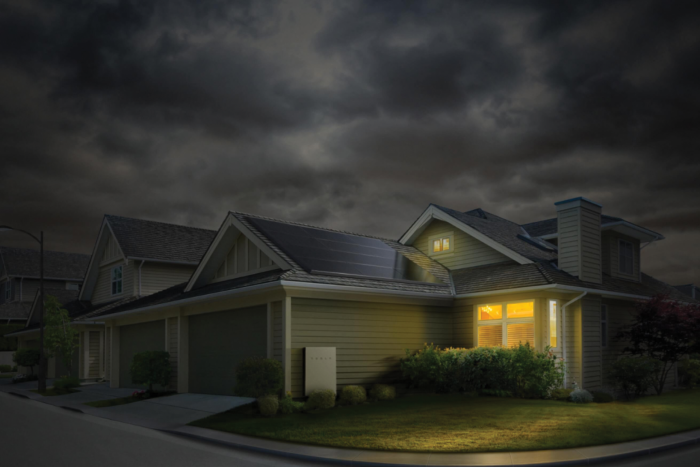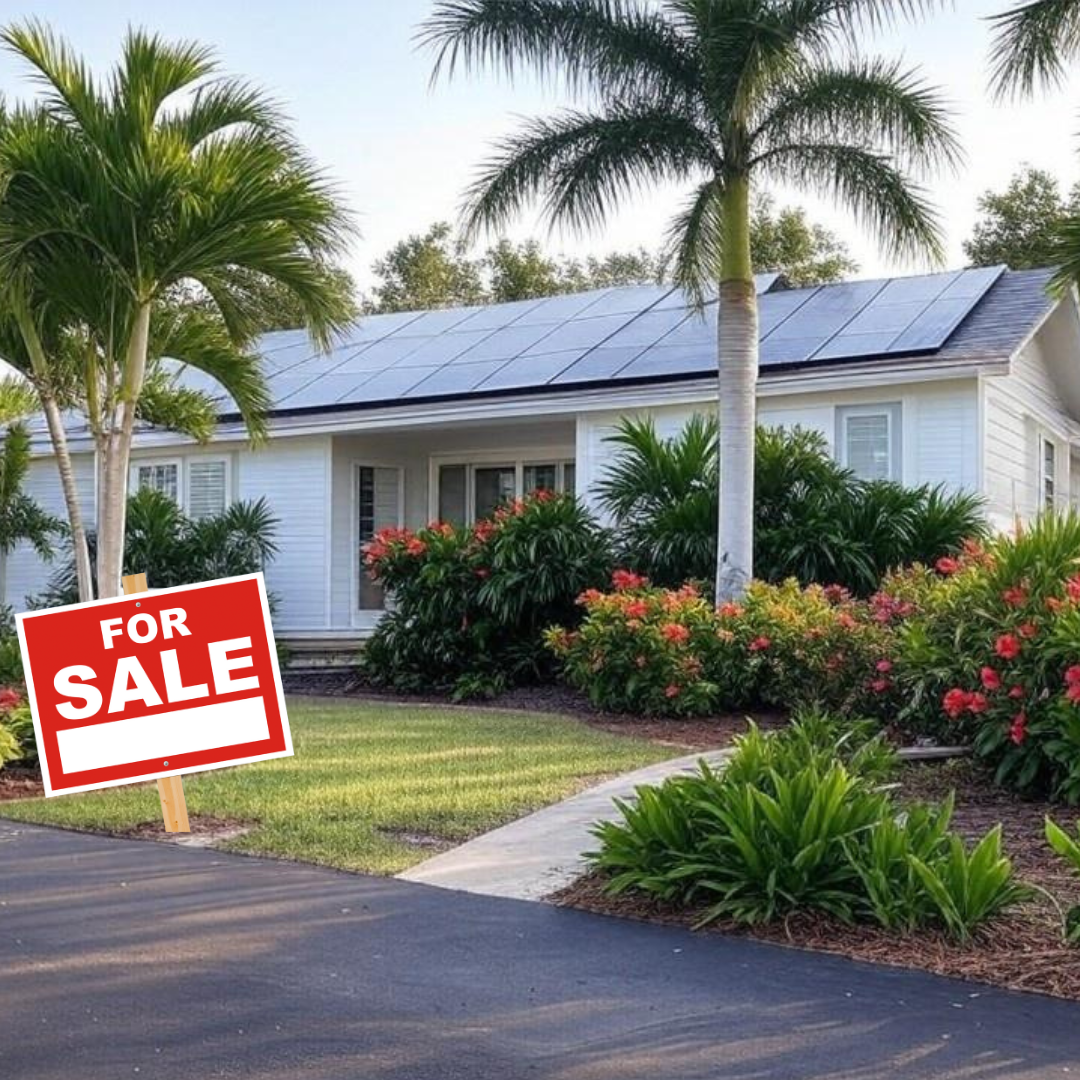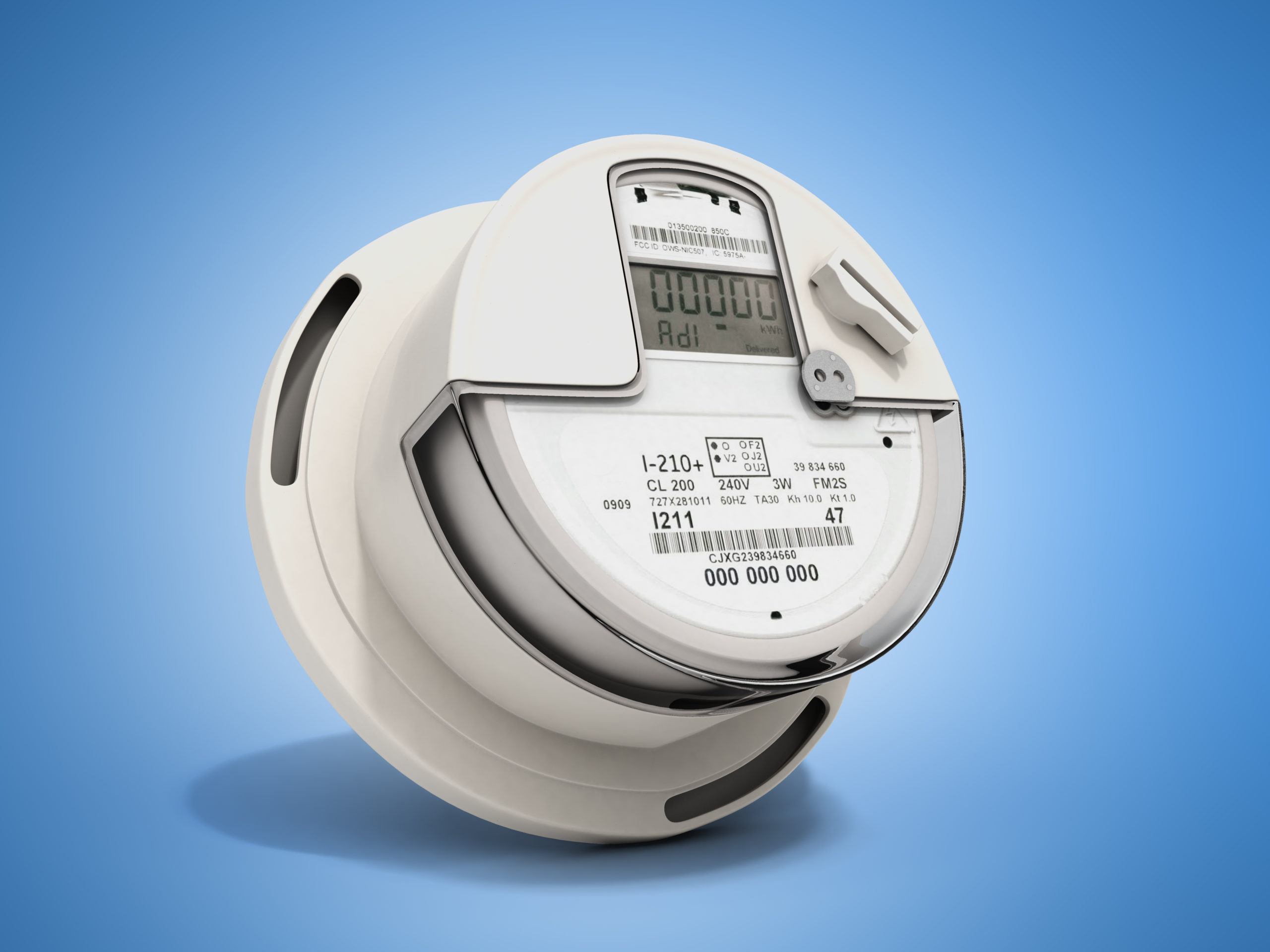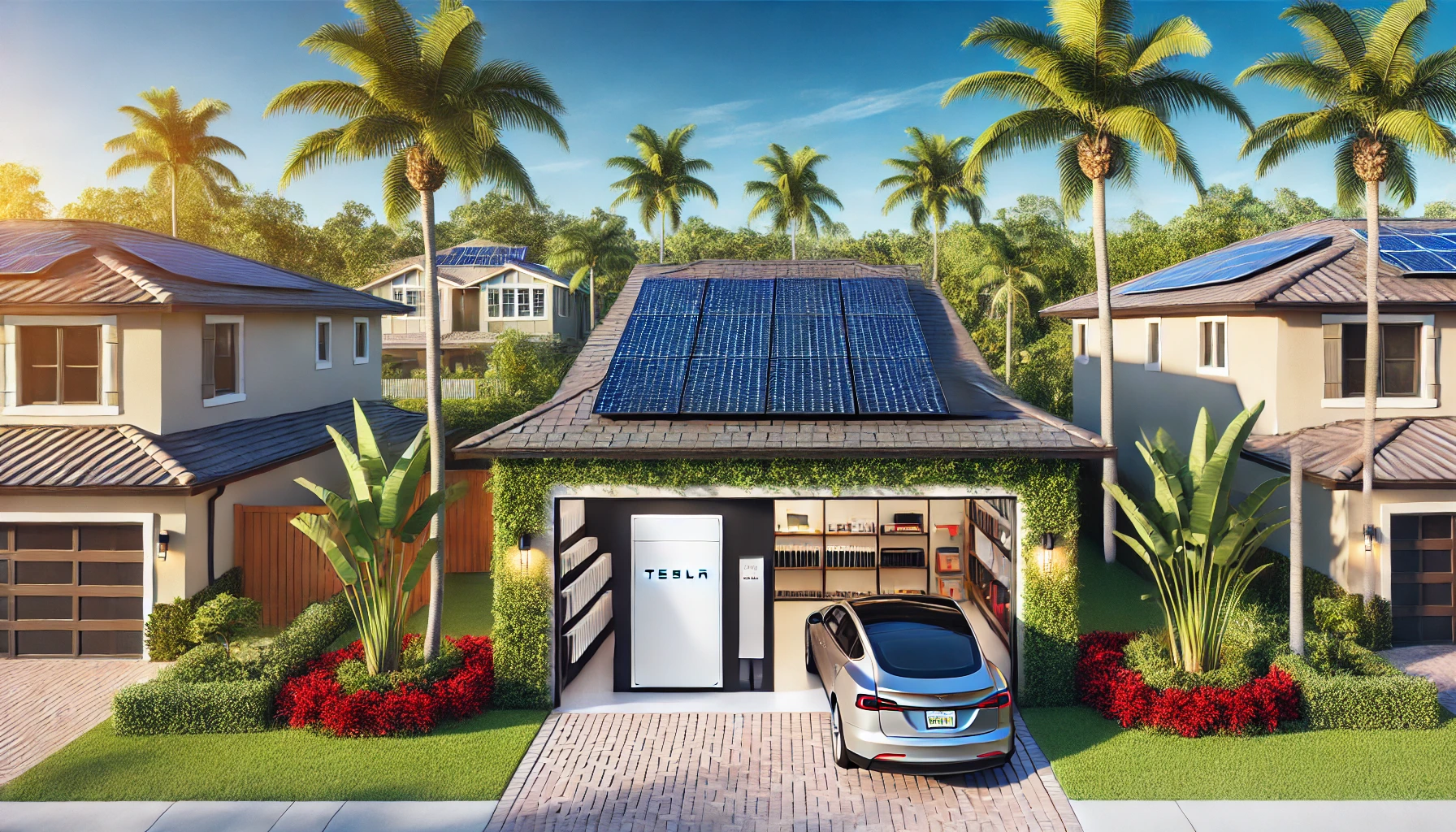If you live in South Florida, you already know the benefits of having backup power installed at your home. Propane, diesel, and natural gas-powered generators have long been the systems homeowners and businesses choose to ensure that the lights stay on when the power goes out. Now, an increasing number of people are considering newer, cleaner battery options like Tesla Powerwall.
In this comparison of battery backup options versus conventional generators, we’ll review factors like cost, fuel supply, size, warranty and maintenance.
Details to Consider When Buying a Generator:
1. How much power do you need?
The exact amount that you’ll pay to install backup power at your home or business depends on the amount of power your home needs and the equipment you choose. Determining power requirements for your home is one of the most important factors you should work out with your family. Do you have a lot of appliances that need to continue running while the power is out? Do you have computer or other electronic equipment that needs to be protected against power outages? You need to make sure that you are purchasing the correct-sized generator for your power requirements — don’t just look for the smallest, least expensive generator as you could run into issues down the road.
As long as you choose a backup battery solution or generator that is sized properly by your installer, you should be able to keep everything in your home or business running without issue, assuming you have adequate fuel onsite should you go with a generator. Many homeowners who choose to have a backup power solution are comfortable knowing that “critical loads” like power outlets, lights, and small appliances will be powered in the event of a power outage.
2. Location, location, location!
When it comes to installing an automatic standby generator, you’re going to want a specialist to come in and determine the best possible place for it. The placement is often determined by where your natural gas line is. Normally, an automatic generator will be in a similar location as your HVAC unit in terms of distance from your home.
But if you went with Tesla Powerwall as a solution, there are several options. You can stack them, mount them on the wall, put them inside or outside, etc. The battery is water and dust resistant, weighs 250 lbs. and L 45.3″x W 29.6″x D 5.75″.
3. Source of energy for your home backup power
The source of energy for your home backup power system is another consideration when you’re comparing your options.
Generators are usually powered by diesel, liquid propane, or natural gas and can continue to run as long as you have the fuel to supply your generator, some generators can even be connected to an existing natural gas line. But generators can be hard to ignore when they’re running because they are powered by fossil fuels. This means they often have higher maintenance requirements than battery backup options. In addition to refueling, some generators need to be run and tested regularly to ensure that they’ll be operational when you need them most.
By comparison, a home battery backup system runs on electricity and can be charged either from the grid or from a rooftop solar panel system. As a result, you don’t have to deal with exhaust fumes or other polluting emissions – a win for the environment and for the air quality around you. Also, Tesla Powerwall meet all US and international safety standards.
4. Warranty
If you haven’t decided on a generator brand yet, we recommend doing some research and paying close attention to the warranties. For Generac generators, the product warranty is 3 years of full coverage for any factory defects. We recommend talking to your preferred generator installer to inquire further about what issues will fall under the 3 year warranty.
Tesla Powerwall backup battery solutions offer a 10 year warranty and 24/7 power continuity for your home, not just in the event of a storm or outage.
5. Cost
There are many standby generator options available in the $3,000 to $18,000 range that can power a standard American home. If you use more energy than your neighbors, you’ll need to buy a bigger generator or more batteries, and you can expect the installation cost to add up to a few thousand dollars to your total price tag.
A home backup battery starts around $6,500 before installation costs, but whole home battery backup requires at least 2 batteries. Altogether, you can expect to pay $20,000 to install a battery backup system. The most important thing to know is that a battery backup has no sales tax, does not increase property taxes and 26% of the total purchase price can be claimed for a federal income tax credit. For example, if 2 Tesla Powerwalls cost you $20,000 you are able to claim $5,200 in federal income tax credits.
6. Who will install and maintain the equipment?
If you purchase a home generator, you will most likely need to contact a certified generator installation company in your area. And feel assured that your generator installation electricians have the industry knowledge needed to properly install any type of generator. Always ask your chosen electrician about their history of installing generators, and if they have a reference list, feel free to contact someone from that list. Most electric companies will also provide maintenance work in the future.
For those looking for an automatic standby generator, Generac offers natural gas generators for homeowners; these are hooked up to the nearest natural gas line to your home and turn on automatically when the electric goes out. Natural gas is also the cheapest option, so if your home is prone to loosing power, this fuel type is your best bet.
If you don’t have access to a natural gas line, you should expect to refill your generator as needed. Fuel costs can add up if you frequently rely on your generator or have a large generator – this is especially the case if you also need to pay for the delivery of fuel to your home or business.
On the contrary, battery backup power offers many of the same power functions as conventional generators, just without the hassle, noise, maintenance or constant need for refueling. Solar panels are installed by professional solar contractors and come with worry-free maintenance plans that are often 10-25 years. The equipment and products are made to be durable and last long-term.
Savings with battery backup power
If you install a battery for backup power, you can pair it with a solar energy system that recharges it with renewable energy from the sun – an endless source. This will add to your upfront cost, but over time it can save you tens of thousands of dollars on your electric bill. Plus, you can increase your home value.
If you’re talking to a contractor about installing a generator, consider getting quotes from a solar installer that include batteries. Make sure you get all the costs for products, installation, maintenance and weigh the usage fees so you can see both upfront cost and long-term savings information.
We are certified Tesla Powerwall installers. Contact us for more information!





